Atelier About is a brand experiment for non-gendered founded and conceived in Berlin, made in Italy. It is still a small reality that Gianpaolo Tucci began in 2015 and now designed by himself and Giulio D’Alessio. With roots deeply attached in the Berlin’s concrete fundaments where Gianpaolo lives and works in different creative fields: The Atelier About and as well as Creative Director consultant for digital design-related firms and corporates as well as some collaboration with music industry artists. Shown in both Berlin and Milan Fashion Week, we wanted to look further to see what it is all about.
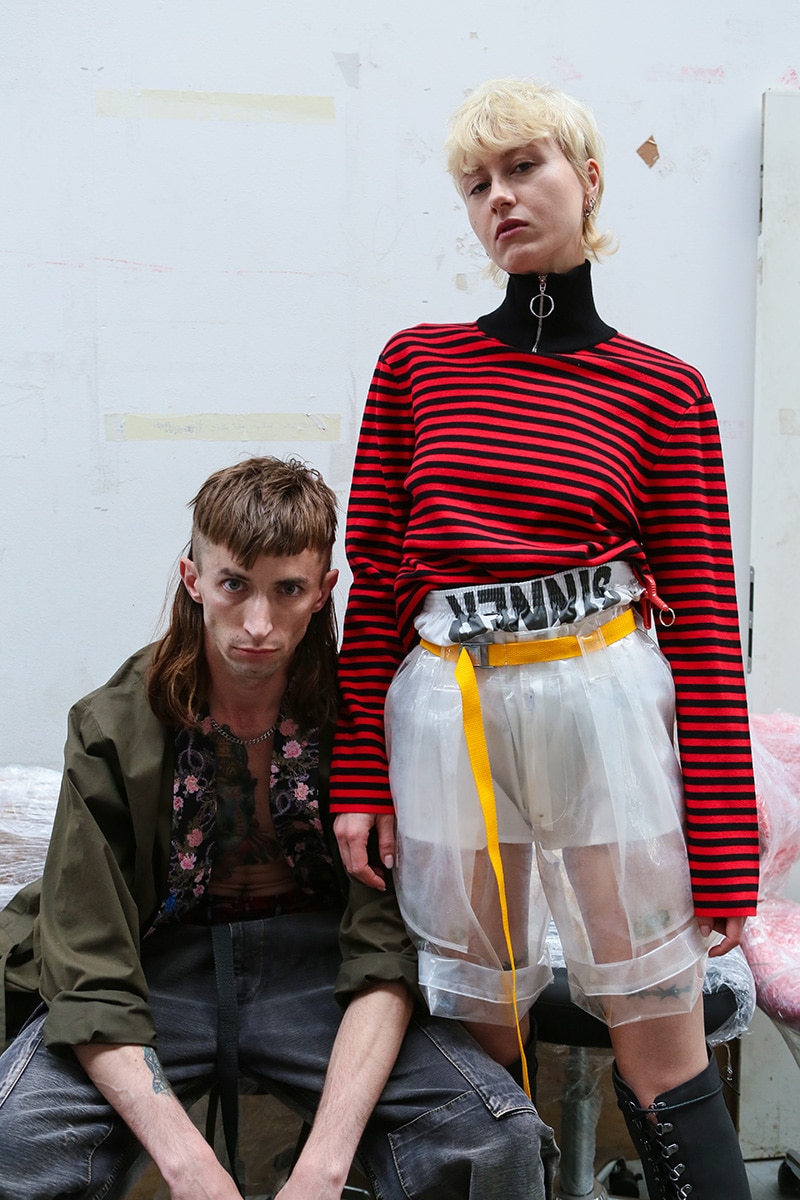
I’ve been listening a lot to Zola Jesus’ new album “Okovi” which translates as roots.
Actually my “oldest” roots are from southern Italy, from Naples – Then I lived for six years in Milano and now six in Berlin. Let’s see whats next.
There is a lot of guilt in fashion with the environmental impact, pay wages, and glorification of consumerism. How do you live with the guilt and atone your sins?
Sustainability, consumerism, globalization are topics that are effecting not just fashion more or less every business and industry.
“… just as early industrial capitalism moved the focus of existence from being to having, post-industrial culture has moved that focus from having to appearing.” Guy Debord La société du spectacle
Depends on the scale you are addressing the question. In the all process from production and overproduction to material manufactures, from packaging to shipment there’s a strong impact in terms of environmental impact. The key to atone sins is about choice, which is the right battle, where to reduce to generate meaningful impact.
What sins should be addressed and what sins should be forgiven?
Our Values are defining the boundaries I suppose – I can tell I’m fascinated about the boundaries that are defining in the common view the perception of “sins” – how the idea of being a sinner has completely changed.
Quoting: Sinner: a person who transgresses divine laws by committing impure and immoral acts. In the New Testament, in addition to the traditional meaning “he who sins” (Luke 5: 8; 13: 2; Romans 5: 8,19; 1 Timothy 1: 15; Hebrews 7:26), the term is extended to those who lived by detaching themselves from the ceremonial prescription (Matthew 9: 10,11; Mark 2: 15; Luke 5: 30; Galatians 2:15); A silent commentary on sexual oppression and the lust of the flesh “God forgives the repentant sinners”.
We all define with our own morality and common sense which are the limits.
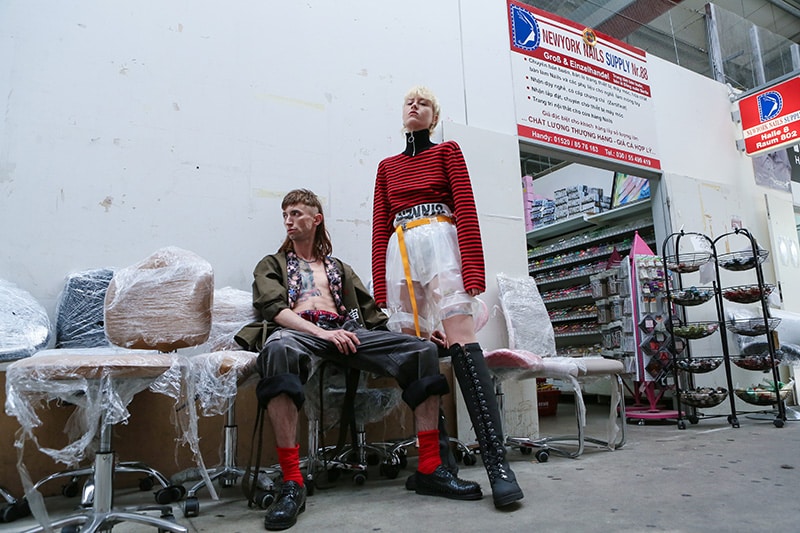
Your Spring Summer 2018 collection is inspired by Asia and Censorship. The two go together like bread and butter. How did you work this theme into the collection?
We explored the concept of censorship in a holistic view, since the beginning of the human beings with Adam & Eve with the book of Genesis- where there was no shame, no “censorship” of the human body. And how this changed becoming Sinners, how religion effected the idea of censorship analyzing nowadays how censorship is strictly connected to peoples morality – A hiding and seeking game within your alter ego. And yes, obviously all the way down to the digital era and how this is expressed in Asian countries.
Everything decontextualized and mashed up connecting dots with different realities and subcultures. Chinese brocade characters with denim mashups can be seen on many tops and shorts. kimono-style shirts In leather to define outfits reminiscent of Asian style suits. Censorship associated as people’s morality defined by transparent PVC jackets and pants standing for the desperate attempt of people to hide.
Net neutrality wasn’t had hot of a topic when you designed the collection as it is today. With references to freedom, there are statements printed on underwear and clubbing towels & erotic prints. Are clubs and music still free today and are Berlin and Milan still influential?
Freedom as a state of mind isn’t in relation to locations events parties. These statements are in regards to the topics expressed above. It’s all connected, it’s about self-expression fighting clichés, bringing up your own “upside down monsters” are our defects what makes us unique. Obviously, meine liebe Berlin is for me one of the places where this freedom is more visceral rooted in the culture – from clubbing to art to music to lifestyle.
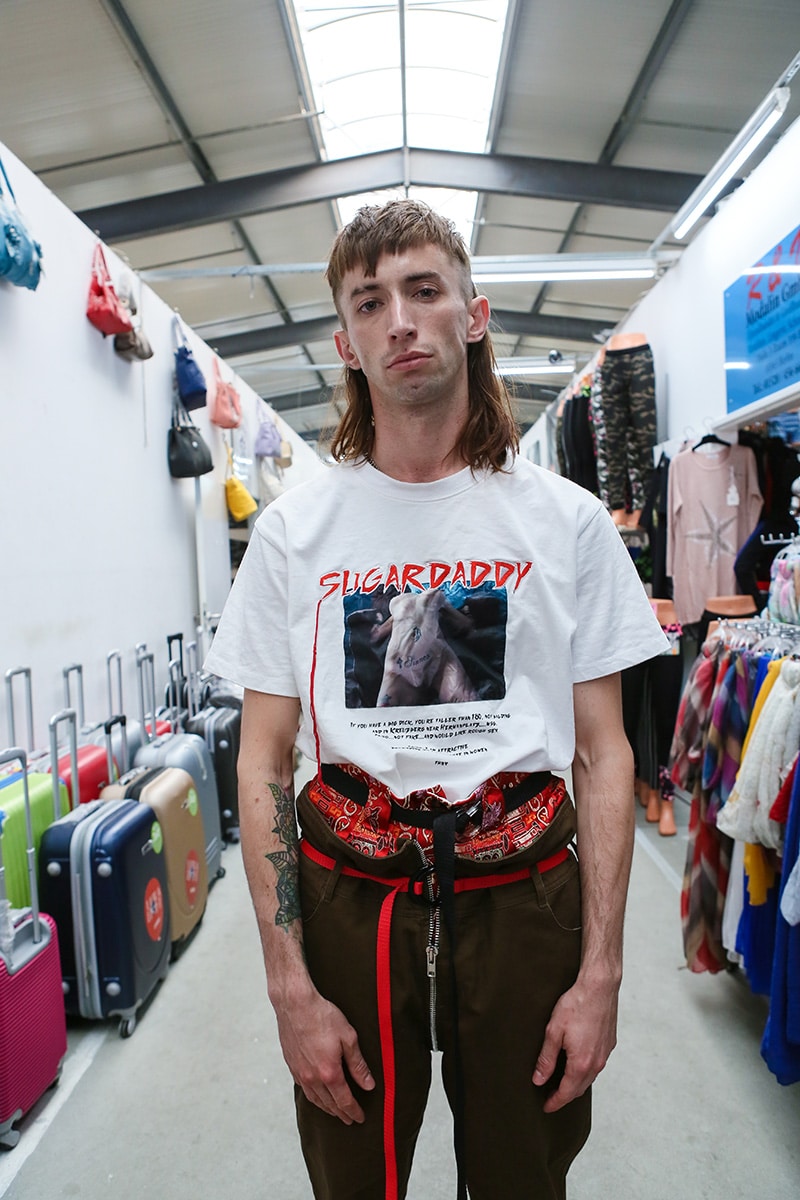
There are hints of oppression with chains attached and belts. How do you translate that to today?
Oppression is a key element in everyone’s life. Can effect and express insecurity, fear, feelings, cultural differences and personal issues and can lead to beautiful changes. I do believe today the most strong oppression is coming from “the appearance” – this word has been evolving with the digital era – people are generally trying to build up their own view of themselves searching something really ephemeral, consents, popularity.
Censorship seems timely as we are entering an attack on the media and an era of “fake news”. Fashion media invented the concept of “advertorial” but it is much clearer than in other media. Should the industry play a political role and if so, how do you see that role?
Telling stories about products and linking them to daily life or to appealing situations as well as to icons it’s beautiful and powerful – that’s why that power should be canalized to express meaningful statements. We have the power through fashion to express daily and in infinitely different ways ourselves and our style that is a living evolving organism – our emotions, our thinking. Isn’t just about fake news or a critique to media, instead, it is about the possibility to revert the coin and to use the power of advertisement, editorial storytelling in conjunction with fashion to open a conversation as a reflection of our era and what we daily live and deal with.
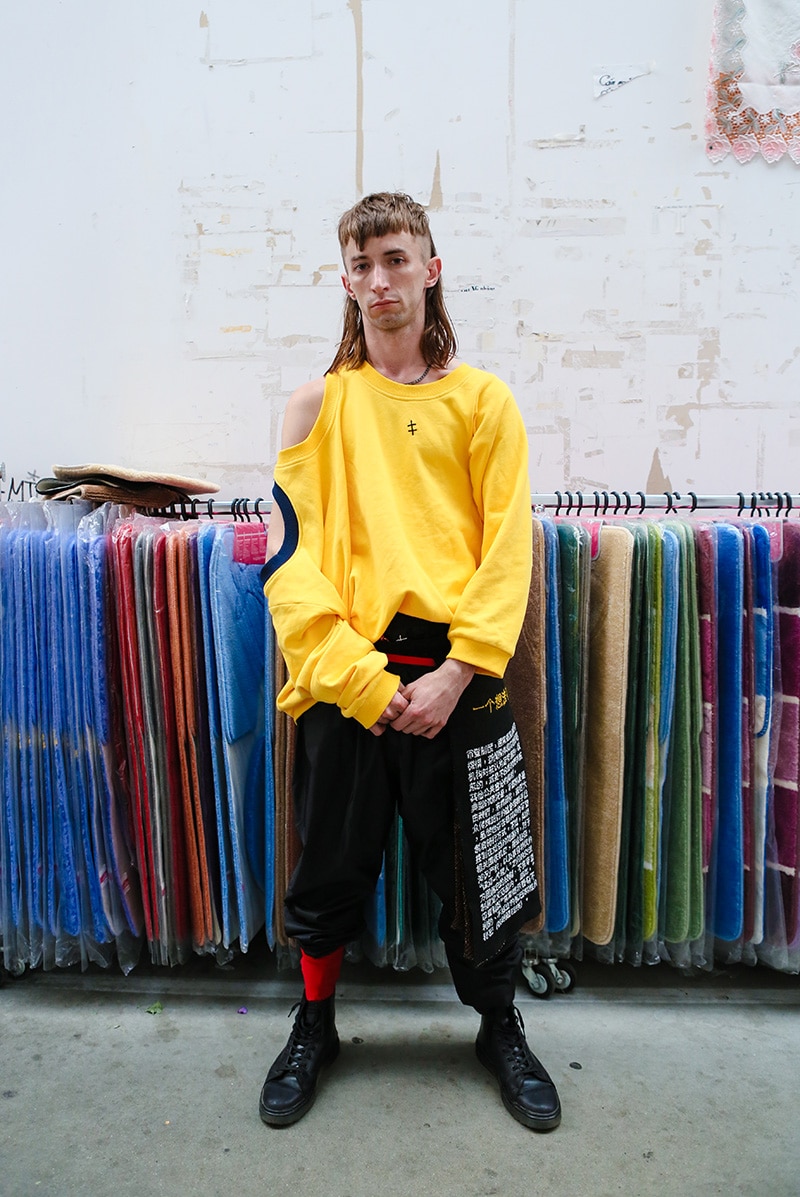
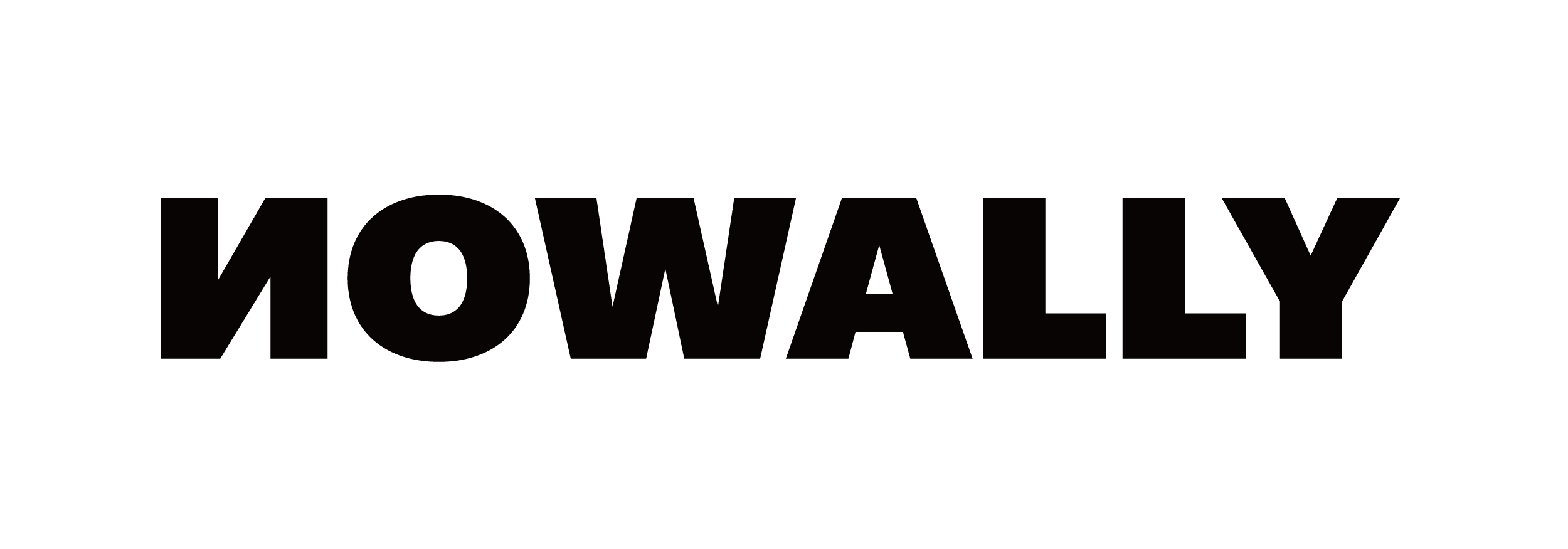
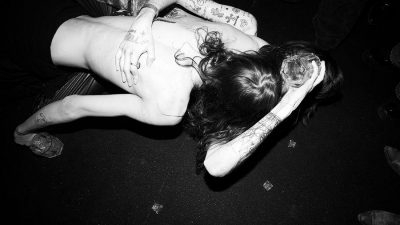
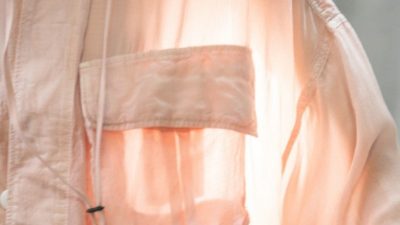
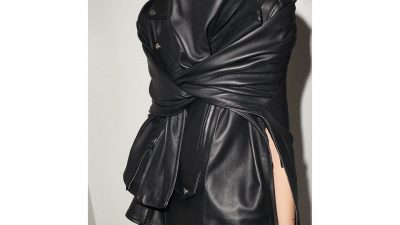
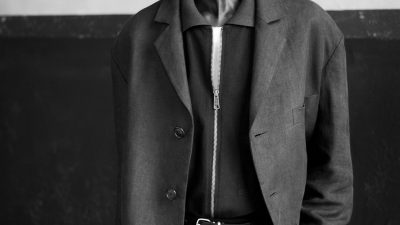

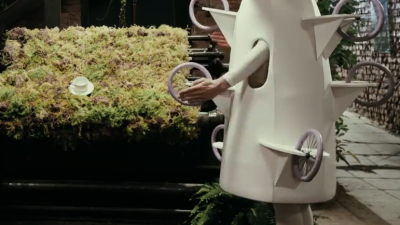
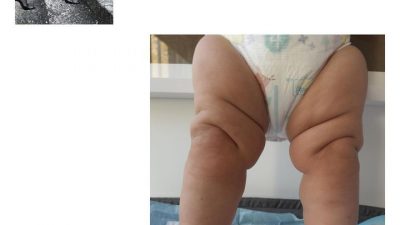
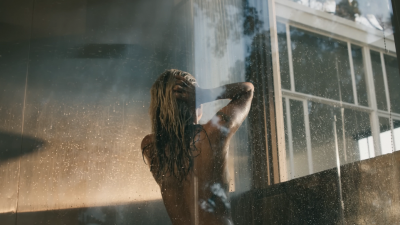
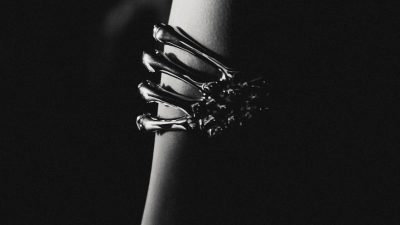
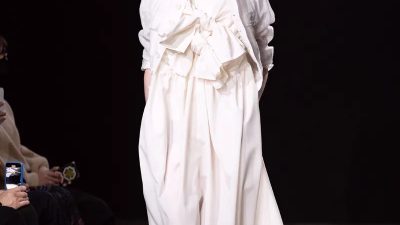
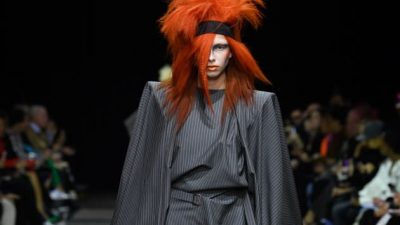
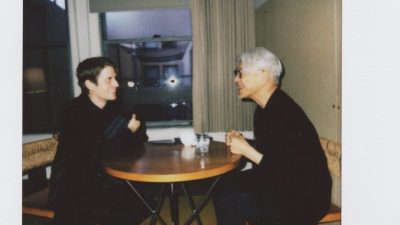
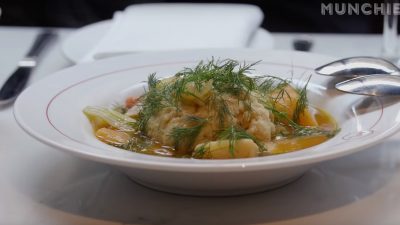
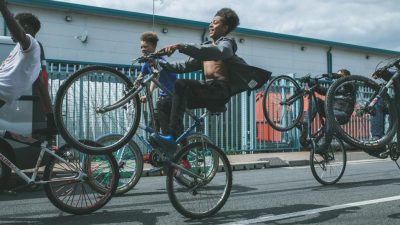
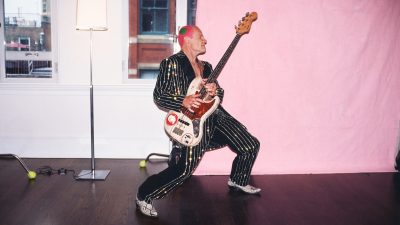
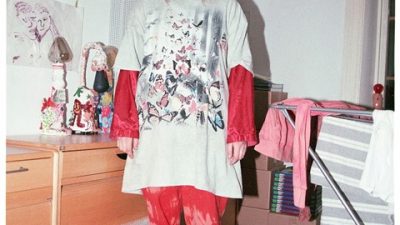
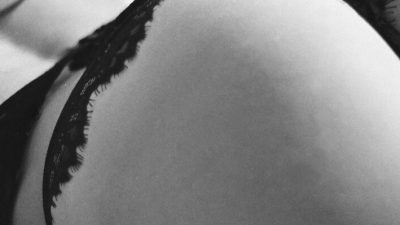
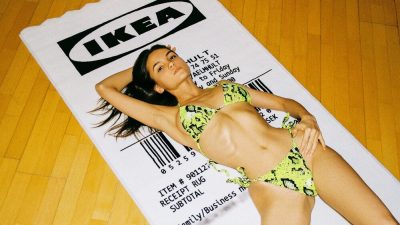
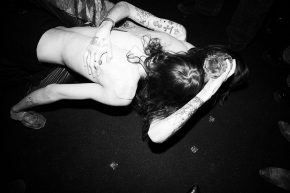
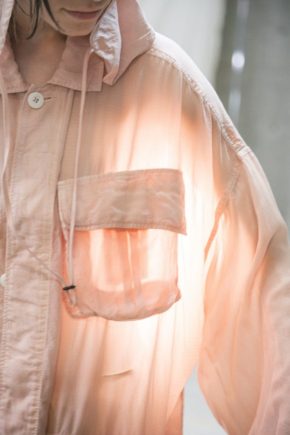
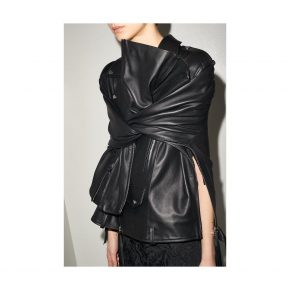
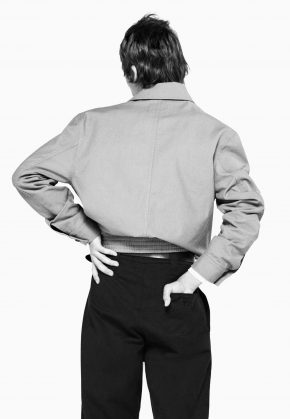
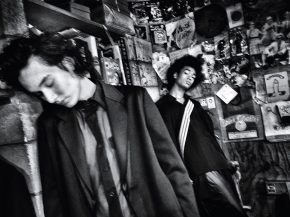
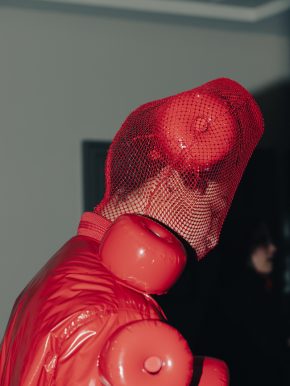
Comments